I had a call this week from a friend I hadn’t talked to for quite a few years. I met J. on a listserv just before we accepted referrals for our babies from the same orphanage. We both had plans to foster in Antigua and she was just a couple of weeks ahead of me in the process. She actually held my daughter before I did! And she was a huge support to me during my months as a new mom living in Antigua.
I think J. was also the first person who ever mentioned birth mother searching to me -- back when my daughter was still in diapers and I didn’t have the bandwidth to even think about it. She had met a woman who did searches and made her decision to search when her son was still a baby.
J. had called this week to ask me about how birth family visits work with Fide. She had sporadically maintained contact with her son's birth mom over the years (our kids are now 13) but had been out of touch for a while and was thinking of perhaps changing searchers for her ongoing contact.
This is a question I get from time to time, and as with most things in the search world, it doesn't’ have a straightforward answer.
In her early years of searching, Fide would take on managing birth family contact for adoptive families who, for whatever reason, wanted to switch from the searcher they had used for their search. It quickly became obvious that this switching wasn’t as easy as one may have thought and we couldn’t easily provide the same level of service as we did for our other clients. Here is what we learned and why Fide decided to stop taking on contact with birth families where she did not do the original search:
Not all searchers provide the same level of detail in their reports. This was a problem when Fide would send back a visit report mentioning family members and then we would be bombarded with questions about who a particular person was, how old they were, etc. which sometimes resulted in a return visit to get more information. Similar things happened in regard to where the family lived, living conditions and schooling for children. Fide often found herself having to return and do a more thorough interview without having charged for this service. And it didn’t seem fair to charge up front for a full birth mother interview when they had already paid for a search.
- It was confusing for the birth mother to start getting visits from a stranger instead of the person they knew. Often the previous searcher had been in contact with the birth mother for years and she knew all the details of the family's life. For birth families in remote communities it often takes time to develop trust in an outsider. To have a new person show up and start asking questions, or even just deliver a letter and photos, usually resulted in a call from the birth mother to the original searcher asking what was going on. We tried having adoptive family’s include in the first letter that Fide delivered information on why they were switching to Fide and letting the family know she would now be the contact. But the calls to the original searcher still often happened. And as you might imagine, not all of them were happy with Fide for “taking” their clients.
Because of these complexities Fide stopped taking on visits from other searchers and while I am always sad to tell an adoptive family we can’t help them, we just haven’t been staffed to deal with these issues.
After I explained the issues to J., I told her since she was a friend, I could ask Fide to make an exception and take on her case if she really wanted to switch. We agreed it made sense for her to think it over and let me know. She texted me a few days later to say she had decided to stay with her original searcher as she felt that would be easier on the birth mother. While I would have loved to work with her, I understand her decision.
My chat with J. reminded me of how faceted the work that searchers do is and how “searcher” doesn’t even begin to cover it. How their work is so much more than just finding a person - that the heart of their work is really about trust and relationships:
- the trust that an adoptive family places in the searcher to do the search,
- the trust they need to gain from the birth mother to just speak to her,
- the relationship they build with the birth mother, and of course,
- the one they help build between the birth and adoptive families.
My hope is that in the future Familias de Corazón will be able to help more families develop relationships regardless of who did their search.
Abrazos,
Velvet

